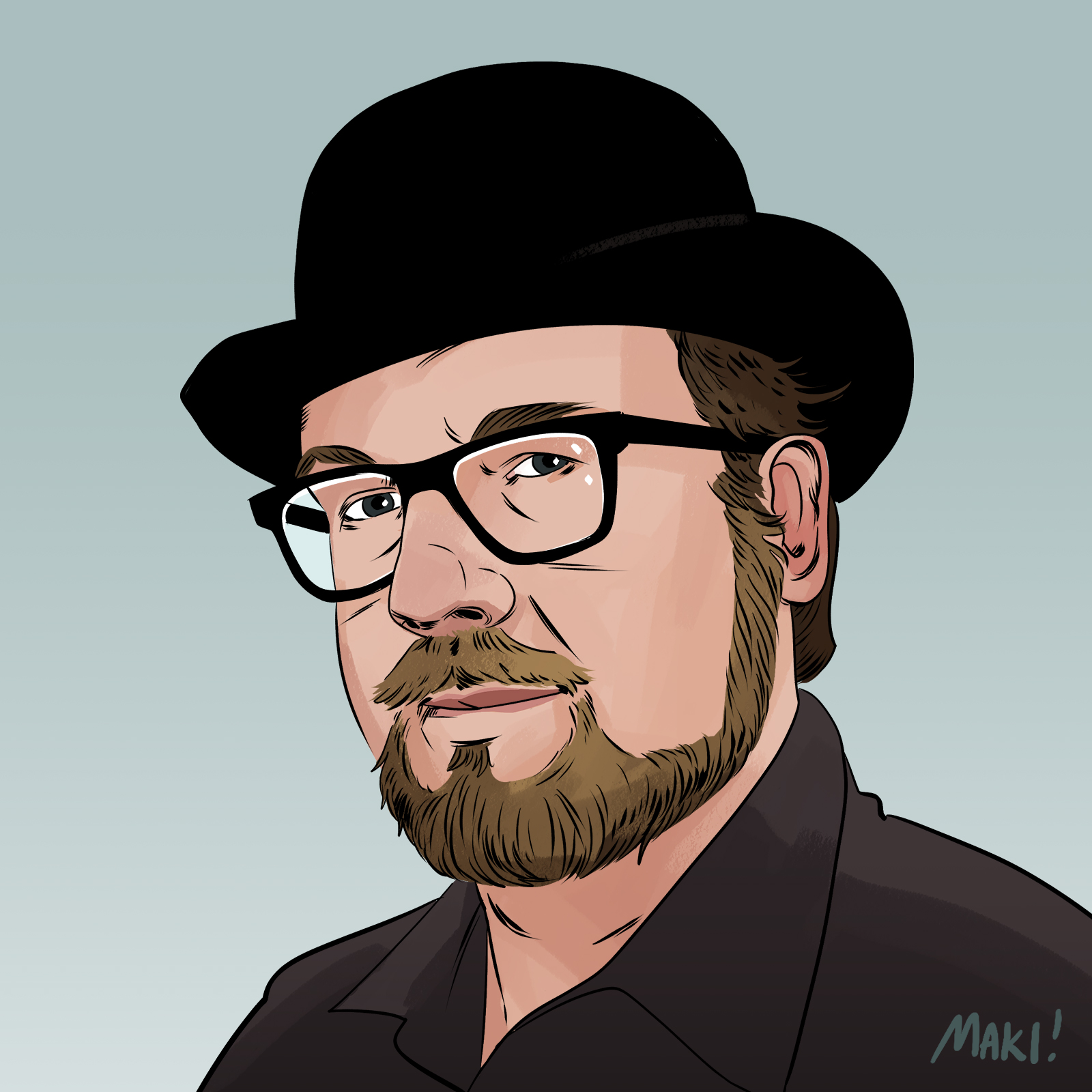 Several people on Twitter yesterday held a freewheeling discussion of whether journalists are educators, and if so, in what sense can they be considered such. Obviously there’s a lot to it, and so I’ll send you to others for their thoughts before talking about my own:
Several people on Twitter yesterday held a freewheeling discussion of whether journalists are educators, and if so, in what sense can they be considered such. Obviously there’s a lot to it, and so I’ll send you to others for their thoughts before talking about my own:
- The Storify collection of the Twitter posts between the primary conversationalists (Bora Zivkovic, Marie-Claire Shanahan, Alice Bell, Ed Yong, among many others)
- Bora Zivkovic: “Is Education What Journalists Do?”
- Marc Kuchner: “I Can’t Tell My Editor the Truth: an Interview with Science Journalist Michael Lemonick” (this one actually predates yesterday’s discussion, but came up in the conversation several times)
I’m fairly new to the science-writing game. I’m mainly a teaching professor, but in my old job I ran a planetarium as part of my duties — obviously a position involving public science education and outreach. I still consider public science education to be part of what I do, even if I’m not getting paid for it. (I even started a new series of posts at the instigation of a few friends and family on basic physics concepts; the first one went up yesterday.)
I have a very broad view of what constitutes public science education: anyone who explains, interprets, or even disseminates information about science intended for the general public (as opposed to peer-reviewed journals) is a public science educator. That may not be the whole of someone’s duties, and it runs the risk perhaps of being too broad, like Scott McCloud’s definition of art (anything that isn’t directly about sex or survival is art). I’m no journalist, and perhaps professional journalists will be quick to denigrate what I say on those grounds, but in a field where the information can be confusing to non-specialists, the duty of education is implied.
As the others linked to above pointed out as well, this isn’t about capital-T “Truth”, but rather about getting the facts straight where they are available. It’s easy to fall into the trap of false equivalency: “balancing” a story about global climate change research by including deniers, etc., but that doesn’t mean all points of view have equal weight. Many journalists take the public trust very seriously (and of course as the Kuchner article emphasizes, the system can be a major part of the problem, as opposed to individual journalists), so I happily will say this is not a universal problem — but it’s still far too widespread. I don’t care if journalists call themselves educators, but that responsibility is still hidden somewhere within their duties.

6 responses to “Whose Job is Public Science Education?”
[…] Whose Job is Public Science Education? […]
That interview was interesting (but I couldn’t find the link to the Storify) and I agree with you that anyone communicating to the public is educating them. Getting people to understand something that they didn’t understand before is education. If science reporters aren’t being concerned about actual understanding, and instead are only worried about perceived novelty, or provocativeness, they might as well be finding boobs for the sidebar at the Huffington Post.
My problem with a lot of science reporting is the emphasis on the cutting edge without the education about the consensus, and the basic methods of science. The reason that science piece that he (Lemonick) wrote about finding nothing at the telescope was part of the best science writing is not that it was a human interest, but that it reported on what for science writing is a novel part of science: how it actually gets done.
Sorry to miss this when it got posted. Interesting stuff.
The Storify link is fixed (and in fact now includes this blog post — how meta can we go?). Thanks for catching that!
[…] education and public science communication, participation is obviously an important part. As writers, journalists, and other educators debate over the meaning of outreach in its variety of forms, we should remember that what the public […]
[…] writing in public science education. (Full disclosure: I participated in said conversation, and wrote a post about it which is linked in Bora’s article. I think we have created OuroBoras, the blogger that eats […]
[…] For every prodigy, there is another who struggled in school. What we must do as educators—including journalists and science writers—is encourage the asking of questions, the seeking of knowledge, the enhancement of what is known […]